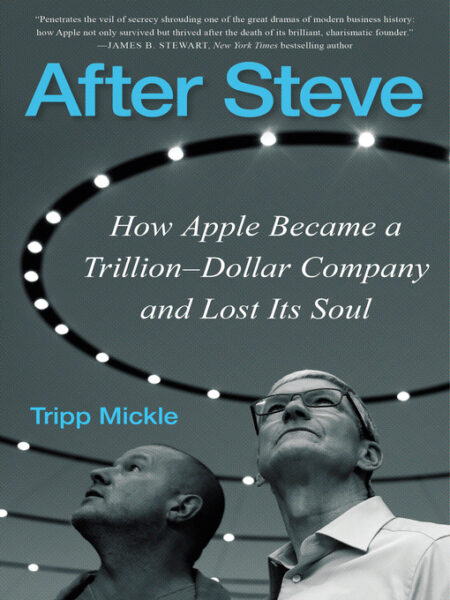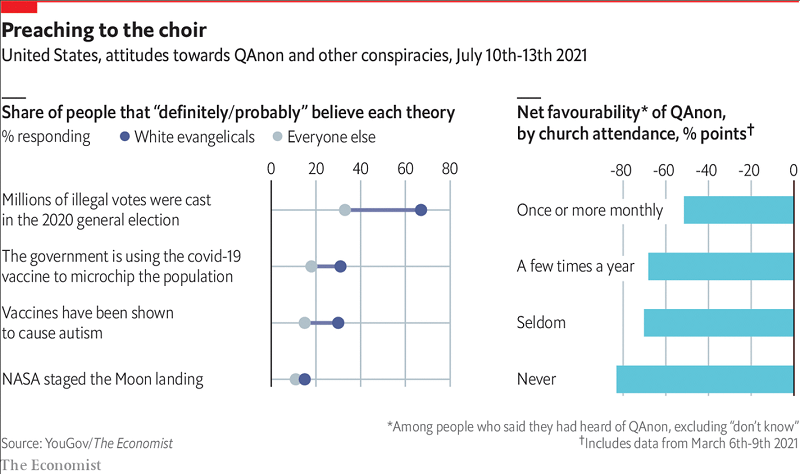In Quillette, Jonathan Kay looks at Apple after the death of Steve Jobs:
In 2004, Apple co-founder Steve Jobs asked famed author Walter Isaacson to write his biography. It’s a mark of Jobs’s hallowed place in the pantheon of American corporate titans that Isaacson, whose other subjects included Henry Kissinger, Benjamin Franklin, and Albert Einstein, would eventually say yes. While best-selling books about successful business leaders represent a popular niche, most specimens are fawning airport reads that combine hagiography with self-help advice for aspiring entrepreneurs. Isaacson’s Steve Jobs (2011), by contrast, was a serious work of literary non-fiction that exalted its subject as a once-in-a-generation technological savant, while also showing him to be a callous parent and scathing boss, not to mention a proponent of loopy “fruitarian” medical theories. (Much has been made of Jobs’s use of fringe therapies to treat the pancreatic cancer that killed him in 2011, but he also entertained the bizarre belief that his vegan diet allowed him to avoid bathing for days on end without developing body odour, a proposition vigorously disputed by co-workers.)
Tripp Mickle, a Wall Street Journal technology journalist who covered the Apple beat for five years, isn’t Walter Isaacson (few of us are); and, to his credit, doesn’t try to be. Nor does he seek to present his primary subjects — former lead Apple designer Jony Ive and incumbent chief executive Tim Cook — as world-changing visionaries on par with their departed boss. Indeed, the very title of his book — After Steve: How Apple Became a Trillion-Dollar Company and Lost Its Soul — presents Apple as existing in a state of creative denouement since Jobs’s death — a bloated (if massively profitable) corporate bureaucracy that increasingly feeds shareholders’ demands for quarterly earnings by milking subscription services such as Apple Music and iCloud instead of developing new products.
The first five chapters of After Steve are structured as a twinned biography, following the lives of Ive and Cook from their precocious childhoods (in England and Alabama, respectively), and on through the 2010s, when the pair jointly ran Apple (in function, if not in title) following Jobs’s death.
Timothy Donald Cook grew up in Robertsdale, a farming community located roughly halfway between Mobile, Alabama and Pensacola, Florida, the middle child of a Korean War veteran and a pharmacist’s assistant. In high school, Cook was named “most studious”, and served as the business manager for the school yearbook. “In three years of math, he had never missed a homework assignment”, reports Mickle, also noting that one teacher remembers him as “efficient and dependable”. Cook also happens to be gay, a subject that caused some awkwardness for his Methodist parents, even though Cook wouldn’t come out publicly till later in life. As a means to deflect questions, Mickle reports, Cook’s mother told drug-store coworkers that her son was dating a girl in Foley, a nearby town.
Following high-school graduation, Cook went on to study industrial engineering at Auburn University and business administration at Duke. He then gravitated to the then-burgeoning field of personal computing, quickly carving out a niche within its production and supply-management back office. At IBM and Compaq, Cook turned himself into a sort of human abacus, ruthlessly bringing reduced costs, increased efficiencies, and smaller inventories to every assembly line he set eyes on. By the time he’d arrived at Apple in 1998, Mickle reports, Cook was completely neurotic about keeping any stocked materials off the books, calling inventory, “fundamentally evil”. In time, he pioneered a process by which yellow lines were painted down the floor of Apple’s production plants, with materials on the storage side of the line remaining on suppliers’ books until the very moment they were brought to the other side for assembly.
Like Ive, Cook declined to be interviewed for After Steve. And so it is entirely possible that the man has a rich inner life that remains opaque to Mickle and the outside world more generally. But the portrait that emerges in this book is one of a fanatically dedicated workaholic who rises before 4am to begin examining spreadsheets, and thinks about little else except the fortunes of Apple Inc. during the waking hours that follow. Mickle reports a sad scene in which Cook is spotted by sympathetic strangers at a fancy Utah resort, dining alone during what appears to be a solitary vacation. We also learn that Cook’s Friday-night meetings with Apple’s operations and finance staff were sometimes called “date night with Tim” by attendees, “because it would stretch for hours into the evening, when Cook seemed to have nowhere else to be.”







